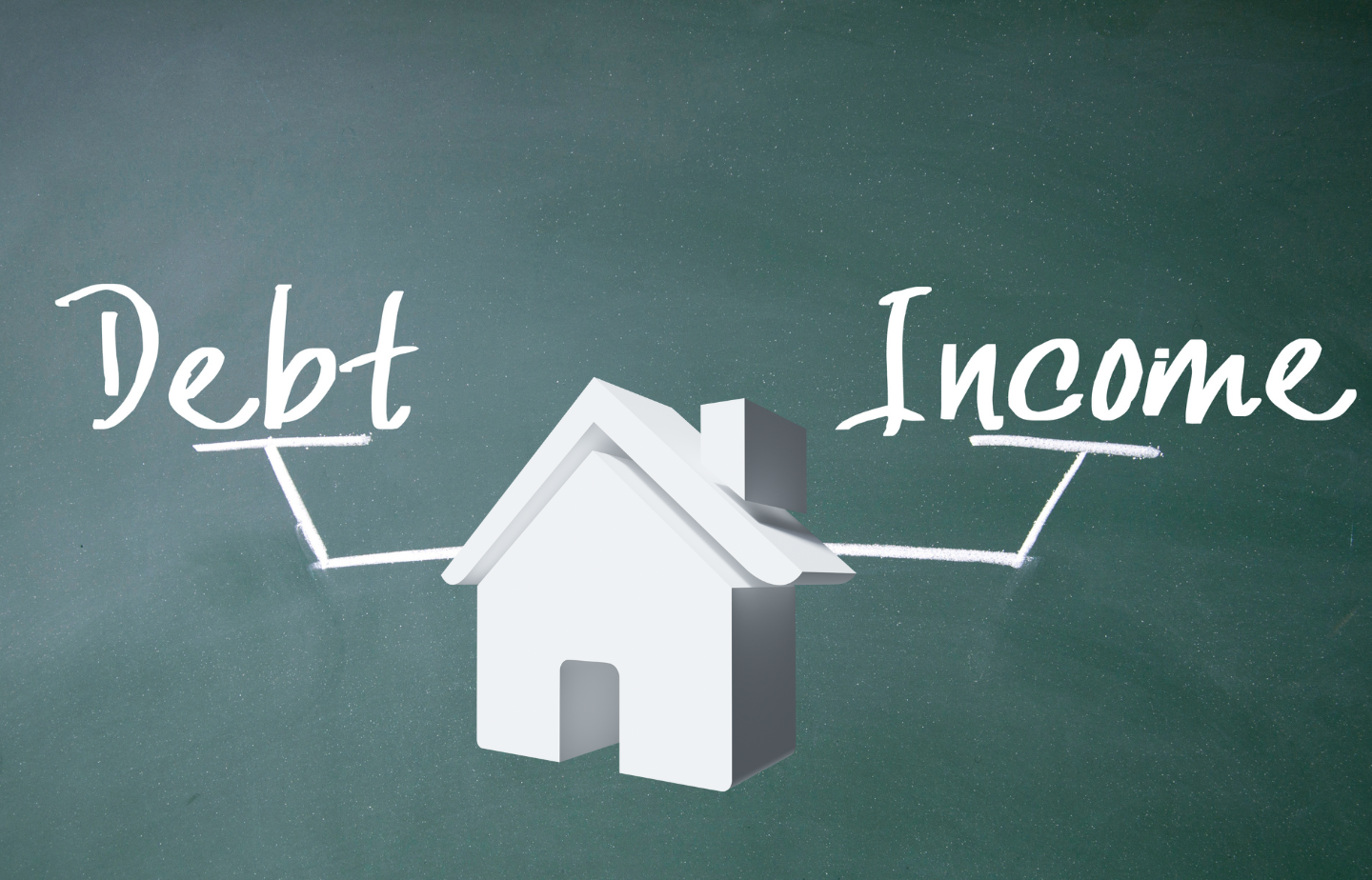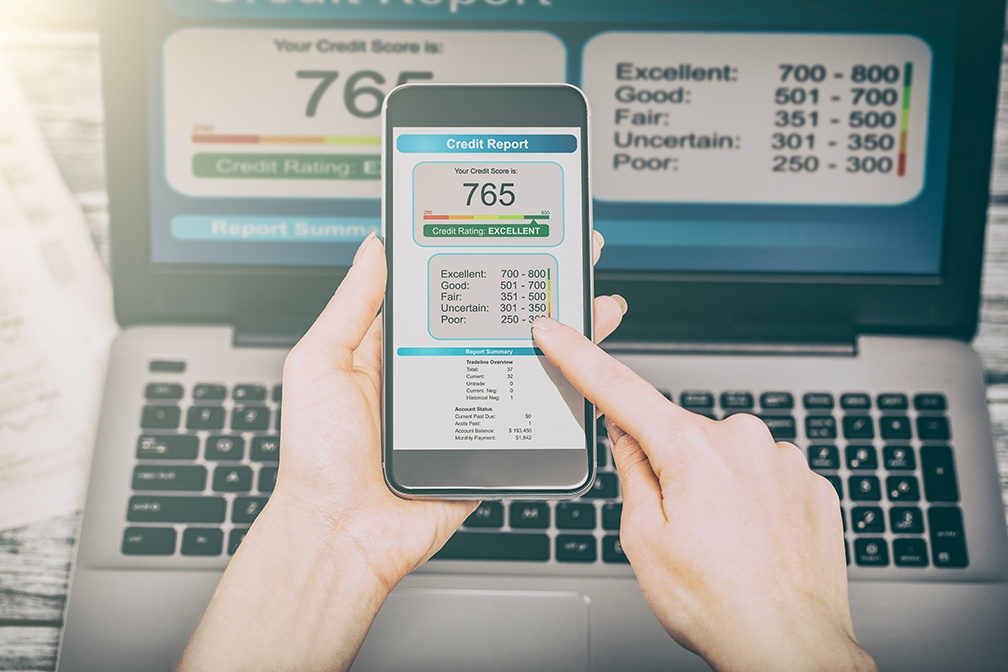 When you are applying for a home loan, you need to make sure that you meet the minimum credit score requirements. If you decide to go with a traditional loan, the credit limit can be high, making it hard to qualify for a home loan. In contrast, you might be able to qualify for a VA home loan with a much lower credit score. What do you need to know?
When you are applying for a home loan, you need to make sure that you meet the minimum credit score requirements. If you decide to go with a traditional loan, the credit limit can be high, making it hard to qualify for a home loan. In contrast, you might be able to qualify for a VA home loan with a much lower credit score. What do you need to know?
The VA Does Not Have A Minimum Credit Score Requirement
One of the major benefits of applying for a VA home loan is that you do not need to worry about meeting a minimum credit score requirement. There is no minimum credit score you need to qualify for a VA home loan, as there are lots of factors that the lender will consider when reviewing your application. Your credit score is only one factor. At the same time, you are encouraged to have a credit score between 580 and 660 to increase your chances of being approved for a home loan.
There Are Other Benefits Of Applying For A VA Home Loan
In addition to the lack of a credit score requirement, there are other benefits of applying for a VA home loan. For example, you do not have to worry about putting any money down. While you might be able to get a lower interest when if you decide to put money down, you are not required to do so. You also do not have to worry about paying PMI, even if you do not put 20 percent down. This is just another way that a VA home loan can help you save money.
A VA Home Loan Could Be The Right Option For You
With so many benefits of applying for a VA home loan, it makes sense to do so; however, you need to make sure that you meet the eligibility requirements. For this reason, you should work with a professional who can make sure you qualify for a VA home loan for your next purchase.
 When you apply for a mortgage, your lender will do some quick math to figure out how much of a loan you can afford. Your lender will consider many factors, and one of the most important ones is your debt-to-income ratio. It is usually shortened to DTI, and understanding this formula can help you better understand how big of a house you can afford.
When you apply for a mortgage, your lender will do some quick math to figure out how much of a loan you can afford. Your lender will consider many factors, and one of the most important ones is your debt-to-income ratio. It is usually shortened to DTI, and understanding this formula can help you better understand how big of a house you can afford.  The vast majority of people have to take out a home loan to purchase a house. This means applying for a mortgage. Unfortunately, shopping for a mortgage can actually hurt your credit score. Any potential lender will probably have to do a hard pull on your credit. This could temporarily reduce your credit score by a few points. Those few points could make the difference between qualifying for a mortgage and getting denied one. Fortunately, there are ways for you to shop for a mortgage without hurting your credit.
The vast majority of people have to take out a home loan to purchase a house. This means applying for a mortgage. Unfortunately, shopping for a mortgage can actually hurt your credit score. Any potential lender will probably have to do a hard pull on your credit. This could temporarily reduce your credit score by a few points. Those few points could make the difference between qualifying for a mortgage and getting denied one. Fortunately, there are ways for you to shop for a mortgage without hurting your credit. There is so much to know when it comes to homeownership that even wading into all of the information can seem overwhelming, but if there’s one thing you need when the time comes to purchasing a home, it’s to be prepared. Here are a few ways that you can ensure you’re ready for what a mortgage entails so that buying your dream home will be a positive experience you won’t regret.
There is so much to know when it comes to homeownership that even wading into all of the information can seem overwhelming, but if there’s one thing you need when the time comes to purchasing a home, it’s to be prepared. Here are a few ways that you can ensure you’re ready for what a mortgage entails so that buying your dream home will be a positive experience you won’t regret.
 Your credit report influences whether or not you’ll qualify for a mortgage and what kind of interest you’ll pay on that loan. This isn’t something you can safely ignore. Smart homebuyers understand the importance of monitoring credit scores and credit reports. Here is some information about how to get your credit report.
Your credit report influences whether or not you’ll qualify for a mortgage and what kind of interest you’ll pay on that loan. This isn’t something you can safely ignore. Smart homebuyers understand the importance of monitoring credit scores and credit reports. Here is some information about how to get your credit report. For a long time after the real estate housing crisis in 2008, buyers with a poor credit history had a difficult time finding mortgage financing. It was a problem that trapped those seeking to buy a home because so many lost their homes from the inability to pay their mortgages.
For a long time after the real estate housing crisis in 2008, buyers with a poor credit history had a difficult time finding mortgage financing. It was a problem that trapped those seeking to buy a home because so many lost their homes from the inability to pay their mortgages. Most consumers believe if they pay their bills on time, they need not worry about their credit score. Oftentimes, it is a rude awakening when they apply for a mortgage loan, car loan, or any revolving credit to learn they are not going to get the lowest rates available due to their credit score. This is because paying bills on time only accounts for 35 percent of your credit score. The remaining 65 percent is spread out among other factors that impact your credit score.
Most consumers believe if they pay their bills on time, they need not worry about their credit score. Oftentimes, it is a rude awakening when they apply for a mortgage loan, car loan, or any revolving credit to learn they are not going to get the lowest rates available due to their credit score. This is because paying bills on time only accounts for 35 percent of your credit score. The remaining 65 percent is spread out among other factors that impact your credit score. Having an excellent credit score is very useful. The following are some tips on how to maintain a superb credit score.
Having an excellent credit score is very useful. The following are some tips on how to maintain a superb credit score. It’s no secret that mortgage lending institutions look favorably on steady paychecks and positive debt-to-income ratios. That can leave many self-employed prospective home buyers feeling anxious about getting approved for a mortgage. But just like the 9-to-5ers who get regular paychecks, self-employed people earning a good living can get approved with a little due diligence.
It’s no secret that mortgage lending institutions look favorably on steady paychecks and positive debt-to-income ratios. That can leave many self-employed prospective home buyers feeling anxious about getting approved for a mortgage. But just like the 9-to-5ers who get regular paychecks, self-employed people earning a good living can get approved with a little due diligence.